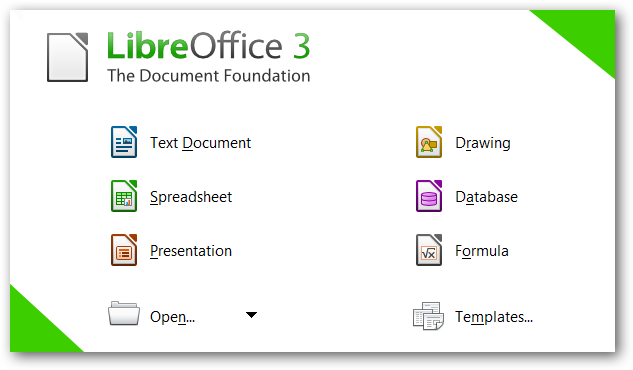
Because of it, I was able to remove a line of shortcuts from my desktop. I’ve been using LO for a while now (few weeks I guess) and am liking it. Which means if you switch from OO to LO, there’s not going to be much of a learning curve since they are essentially the same. They didn’t like the direction it was going and left, got the source code (it’s all about the licensing when it comes to alleged open source), and made their own playground. Most of its programmers (and others) are from when Oracle donated OO to Apache Software. LO is maintained by The Document Foundation (TDF) and is flourishing. LO has its own history (see the link to the image above) and could be (and should be) considered a better version of OpenOffice. Which brings me to a replacement for those of us who hate MS Office (the bulk, the embedding, the cost, the crap, the seemingly constant file extension changes, and more!) and those of us who are uncomfortable using OpenOffice with no security updates forthcoming. And was beginning to make MS Office sweat. Which is sad, because it had a HUGE amount of users. Well, here, check out this image.Īt any rate, OpenOffice is, essentially, dead. It’s a good example of open source, licensing, proprietary, forking, and business politics. OpenOffice has gone by a lot of names and transitions. Apache OpenOffice was officially discontinued in 2011.

Then I remembered someone on Facebook had said something about it being bought out or something. And other information pages were showing years old stuff. Long time no post! Life has been…intense.Īnyway, I was doing something with OpenOffice, wanted to see if an extension would help, but the extension page wouldn’t load.


 0 kommentar(er)
0 kommentar(er)
